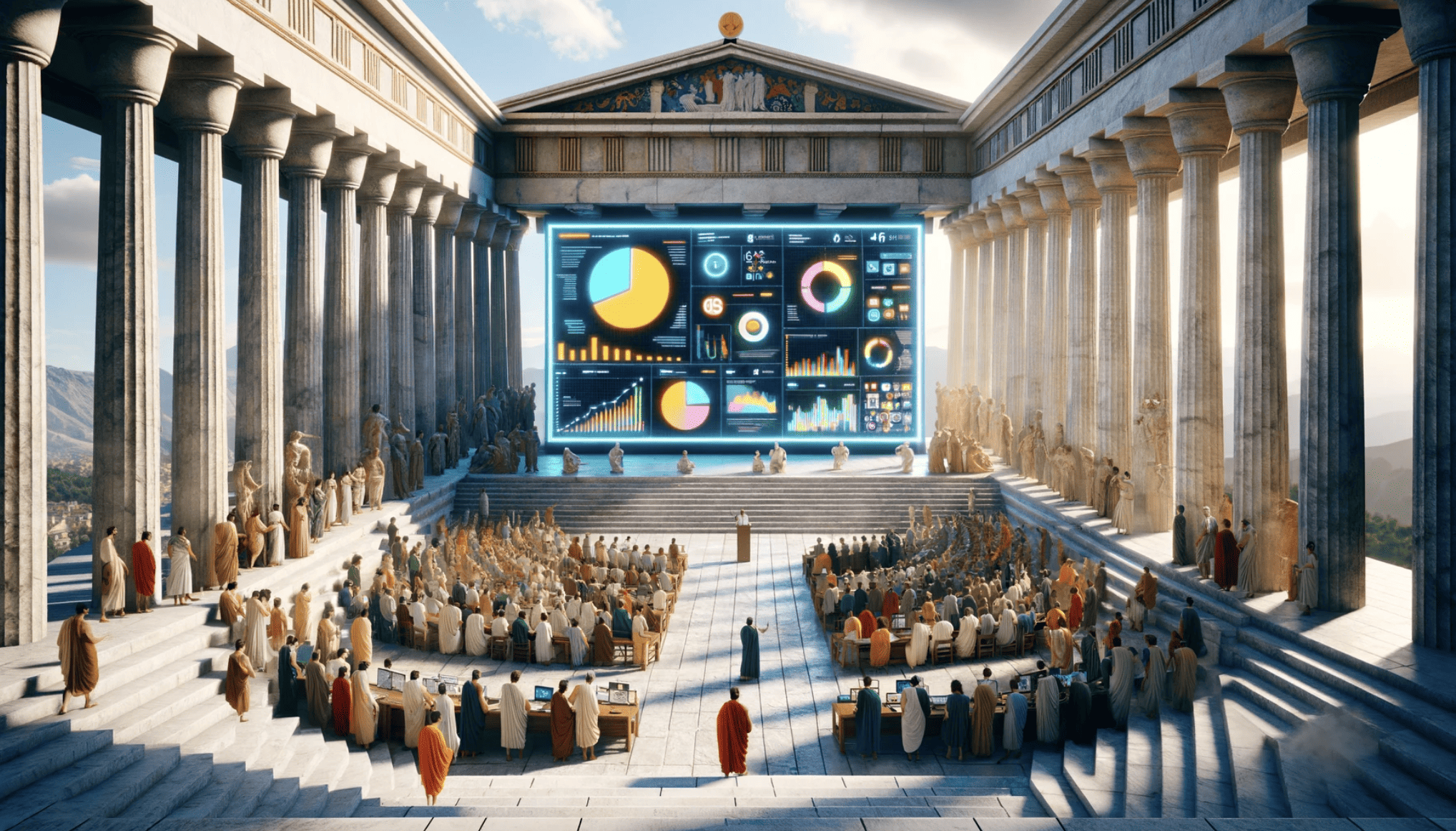
In a striking turn of events, Microsoft has announced the acquisition of former OpenAI CEO Sam Altman and co-founder Greg Brockman for its advanced AI research team, following a tumultuous weekend of failed negotiations with OpenAI’s board. The Verge reports on this. As we previously reported, the board’s decision against the reinstatement of Altman and subsequent resignation of Brockman left the AI community in anticipation of their next move. Satya Nadella’s swift engagement exemplifies Microsoft’s dedication to strengthening its AI prowess, harnessing the expertise of Altman and Brockman to bolster their innovative frontiers.
- Microsoft acquires former OpenAI CEO Sam Altman and co-founder Greg Brockman, signaling a commitment to AI innovation.
- Nadella’s strategic foresight positions Microsoft as a benefactor amid OpenAI’s leadership upheaval.
- The move may reshape AI dynamics, with OpenAI facing a new chapter under CEO Emmett Shear.
The tech industry watched with bated breath as the saga of OpenAI’s leadership upheaval unravelled. The dust has now settled with the high-profile induction of Sam Altman and Greg Brockman into Microsoft’s fold. This strategic move by Microsoft, coming at the heels of Altman’s dismissal from OpenAI, signals a robust commitment to AI research and development. Satya Nadella, Microsoft’s CEO, was instrumental in orchestrating the swift transition, reiterating the company’s determination to provide Altman and his colleagues with the necessary resources for their success.
Nadella’s strategic foresight
In the wake of OpenAI’s internal discord, Microsoft has emerged not only as a supporter but also a benefactor, seeking to capitalise on the expertise of Altman and Brockman. Nadella’s decisiveness in hiring the OpenAI alumni underscores his strategic foresight. The announcement came just hours after OpenAI’s board stood firm on their decision, not to reinstate Altman as CEO, culminating in his firing after a loss of confidence in his capability to lead. This bold acquisition by Microsoft may well be a game-changer in the competitive landscape of AI innovation.

Microsoft’s relationship with OpenAI has been a cornerstone of its AI strategy. With investments surpassing $10 billion, Microsoft has shown an unwavering commitment to OpenAI, embedding its technologies across Microsoft’s product suite. Moreover, the tech giant had been developing its own AI initiatives, including the AI chip “Maia” and the large-language model “Phi”. Nadella’s comments on Microsoft’s ability to thrive in the AI space, with or without OpenAI, painted a picture of a company confident in its own AI capabilities and roadmap.
Understanding the repercussions
The hiring of Altman and Brockman by Microsoft not only brings in individual expertise but potentially shifts the balance of power in the AI domain. With Altman’s legacy of scaling ChatGPT’s user base and attracting significant funding, his departure from OpenAI left many wondering about the future of the organisation. Brockman’s resignation, following Altman’s exit, hinted at deeper unrest within OpenAI, linked to strategic direction and the pace of AI deployment. Microsoft’s intervention may serve to stabilise these shaken waters, positioning itself as a haven for AI talent amidst the storm.
OpenAI’s future under new leadership
OpenAI has appointed Mira Murati as the interim CEO, however multiple media outlets report former Twitch CEO Emmett Shear has been hired to be the new OpenAI CEO. The transition in leadership has raised questions about OpenAI’s direction, especially with the board’s emphasis on a cautious approach to AI safety, potentially in contrast to Altman’s aggressive growth strategy. The entrance of Emmett Shear as the new CEO, as confirmed by Nadella, suggests a new chapter for OpenAI, possibly with a renewed focus on governance and strategic alignment.
Reactions within the AI community have been mixed. Some, like Elon Musk, have raised concerns over OpenAI’s governance and its alignment with Microsoft, which could impede the pace of innovation. Meanwhile, companies reliant on OpenAI’s technologies are seeking reassurances about the stability and continuity of the products they depend on. It remains to be seen how the leadership changes will affect OpenAI’s mission to “ensure that artificial general intelligence benefits all of humanity” and whether it can maintain its position as a frontrunner in the AI industry.








